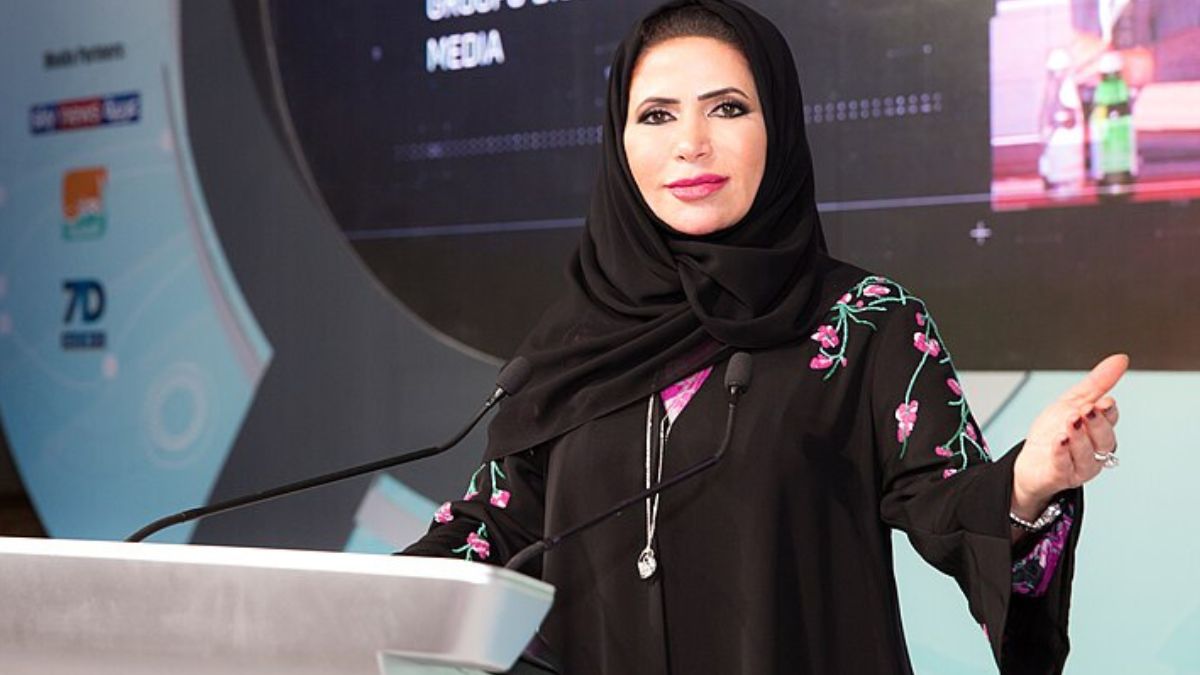India should not see the India-Middle East-Europe Economic Corridor (IMEC) as a counter to China’s Belt and Road Initiative, instead it should be a win-win for all countries in the region, said Dr Ebtesam Al Ketbi, Founder and President, Emirates Policy Center in the UAE. She added that India should not wait for an invitation to play a bigger role in the region.
Speaking at the Kochi Dialogue 2025 event organised by Kochi-based think tank Centre for Public Policy Research (CPPR) on Friday, Al Ketbi said India should look at the economic interests rather than the political interests.
“The Americans want IMEC to counter the BRI. But we should not look at it from that angle but rather look at our own interests,” pointed out the chief of the Abu Dhabi-based independent think-tank, which gives policy suggestions to the UAE decision makers.
ALSO READ: How Israel-Hamas conflict could shatter India's Middle East corridor dreams
An MoU on the IMEC project was inked by India, the UAE, Saudi Arabia, the United States, the European Union, Italy, France and Germany during the 2023 G20 summit in New Delhi. The corridor proposes to connect Saudi Arabia, the UAE, Jordan and Israel via a rail network. This was seen as a counter to the Sino-centric BRI.
Elaborating on the hurdles faced by the IMEC project, Al Ketbi said the main challenges were the geopolitical issues that have always plagued the Middle East. “When the Gaza war erupted, IMEC stopped. We haven't done anything since then. This was exacerbated by the Houthi attacks,” she added.
“When we start a project, we have to bear in mind the potential spoilers. Iran felt it was excluded from the project, so it turned a spoiler," she said, referring to Iran's use of proxies like Hezbollah and the Houthis to create tensions in the region. "So we have to look at ways to make it a win-win situation for all players in the region,” Al Ketbi said, adding that piracy in the Horn of Africa is another concern.
Pointing out that more countries should be included in the project, she suggested that multiple corridors could be explored. One of these corridors, she said, could pass via the UAE, Iraq and Turkey.
This is seen as a move to pacify Ankara, which views IMEC in its current form as a threat to its historical role in connecting Asia and Europe. Turkish President Recep Tayyip Erdogan had earlier threatened to part ways with the EU, saying there can be “no corridor without Turkey”. Ankara had suggested the alternative project should connect the UAE and Qatar with Turkey via Iraq’s Grand Faw Port in Basra.
Al Ketbi said the Egyptians, too, were upset that the Suez Canal was excluded from the IMEC. It should be noted that high freight charges, heavy traffic and piracy has forced ships to choose the longer route via the Cape of Good Hope.
“So we should look at way to make Egypt a part of the project via Alexandria (to complement Suez Canal). If Syria becomes stable, that could be another route. The more corridors we create for IMEC, the more we can proceed with the project,” she said. Whether it is via Egypt, Israel, Syria or Turkey, IMEC can a win-win situation for all the member countries, she added.
Al Ketbi pointed out that the success of IMEC mainly depends on India and the GCC countries, which are the two main pillars of the project.
A third challenge faced by IMEC is the lack of facilities in some ports in the corridor to handle the volume of trade, so there is a need to enhance their capabilities, she said. Al Ketbi pointed out that India can play a role in this through "Track 1.5 diplomacy", wherein government and non-governmental experts engage in dialogue for a resolution.
“India should not wait for an invitation. The Russians, the Chinese and the Americans want to be involved in this region. But they are far away unlike India, which can play a bigger role in the region due to its proximity to the Middle East,” she suggested.



